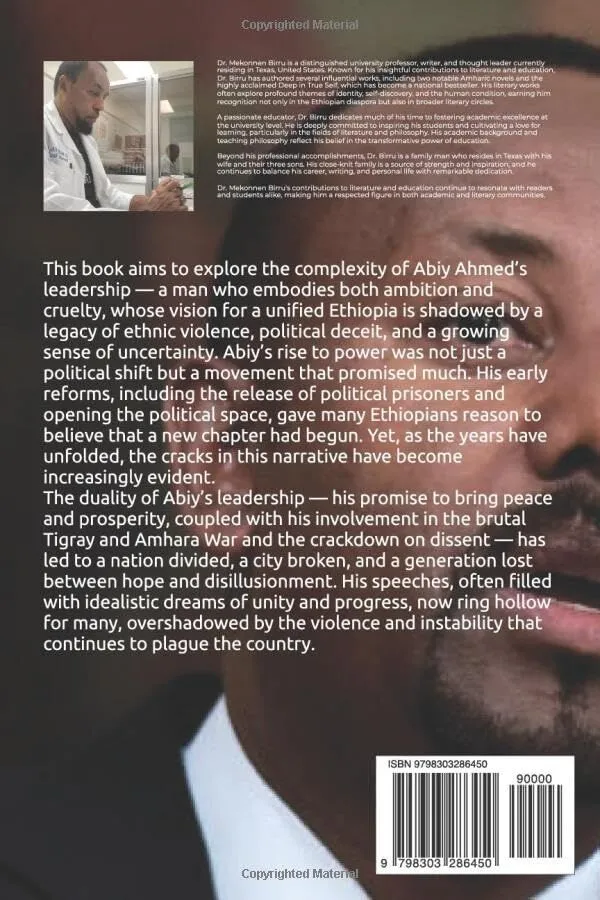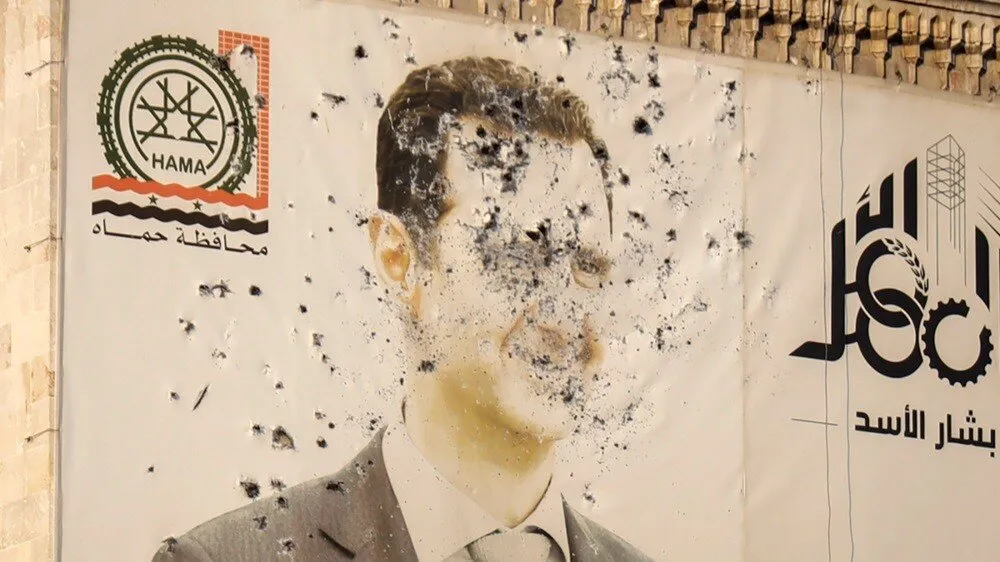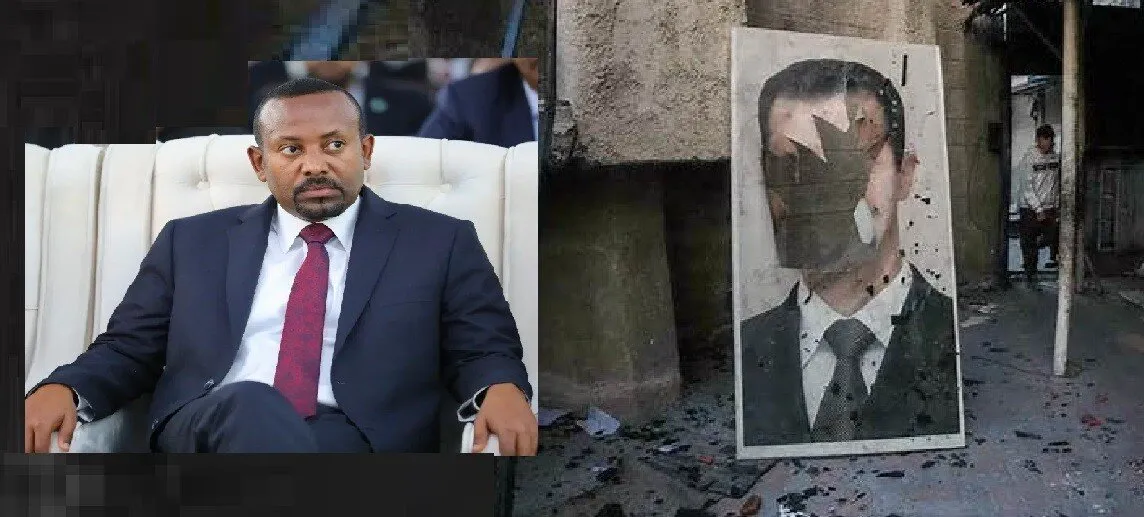Professor Abebe Zegeye of Ethiopia sets the record straight in a Letter to the Editor of South African based newspaper Mail and Guardian. The Oxford educated academician and a former visiting scholar at Yale University has been wrongly accused of plagiarism as many of this website readers pointed out when the news first broke out. We now hear the other side of the story and below are other letters sent to the newspaper in defense of Professor Abebe.
Wits plagiarism process was flawed
The Mail & Guardian (“Plagiarism case kept under wraps at Wits”, April 15) published an incomplete story about so-called plagiarism at the University of the Witwatersrand that involved me as a former academic at the university. What are the facts?
After my appointment in 2009, a letter was sent to the vice-chancellor (VC) of Wits accusing me of plagiarism. The VC offered as modes of resolution either arbitration or to take the matter to the Commission for Conciliation, Mediation and Arbitration (CCMA).
The refusal to grant my request to follow standard international scholarly procedure raises questions of motive. Had a peer-review panel been set up to assess the allegations, it would have revealed that not only were the allegations made in bad faith, but also that the entire process was a smokescreen for well-known divisions at Wits, which coalesced in their resentment over my appointment.
When interviewed for the Wits Institute of Social and Economic Research (Wiser) directorship, I outlined my plans to ensure that the institute graduates the next generation of African scholars; that it builds a pan-African institute that draws on the wealth of intellectual capital on the continent and does not privilege the West; that it works with scholars who take Africa seriously. My plan to change Wiser’s direction disrupted the plans of some colleagues. They therefore marshalled support of scholars in the north to assist in undermining my purpose and its legitimacy.
Guided by a closely knit network at Wits, the VC organised a deeply flawed process, the result of which was predictable. At the arbitration, it was evident that the type of expertise deployed to evaluate the allegations was not that which was required. I resigned from the university before the arbitration process had been completed because it was clear that the process was a set-up. My resignation was accepted. The decision to dismiss me was therefore an act of retribution and an attempt to distract attention from the defective process.
The vindictive and malicious acts by Wits management did not start and stop there, but continued with the leaking of supposedly confidential documents to the media and the writing of defamatory letters to academic and research institutions. The matter has been brought to the attention of the council of the university and the minister of higher education and training. It may or may not stop there.
My resignation from the University of South Australia was to provide space and time to clear my name by ensuring that academic rigour takes precedence over the witch-hunt against me. — Abebe Zegeye
——————————————
The M&G’s story (I stress the term “story”) about so-called plagiarism concerned Professor Abebe Zegeye, whom the story transformed into an academic buccaneer who frequently and without hesitation contravened intellectual property rights over a long period of time, despite previous warnings.
The story initially accused Zegeye of plagiarism, then later said he was found guilty of “too-perfect paraphrasing”, which was declared a form of plagiarism by Gilbert Marcus SC, who is a lawyer and not an academic.
This story was based on a confidential arbitration document leaked to your paper. It is not clear if this is the final, signed arbitration between Wits and Zegeye or if the papers cited contain only the accusations.
If the article is based on the result of the arbitration, this should be stated. The position of the accused party should be reported with the same intensity as the accusation.
The small, unreferenced cut-out illustration in which most of the text was highlighted provided no reference or other information for me, as a reader, to check the evidence. — Dr Manfred Dutschke, Cape Town
————————-
It astounds me that advocate Gilbert Marcus was allowed by Wits University to assess an allegation of plagiarism in sociology and subsequently determine the fate of a world-class academic scholar, without Marcus having academic qualifications in sociology commensurate with those of Zegeye.
The advocate is a man of the law and as such, his understanding and interpretation of plagiarism is that of a copy typist who makes crude determinations based on the observed number of repeated words and phrases in the relevant articles. He does so with complete disregard for context.
The procedure to select three experts to help evaluate the case, as well as the assessment made by Marcus, is grossly biased, one-sided, shallow and poorly informed. His failure arises from his lack of understanding of the discipline in which Zegeye has excelled locally and internationally. Any reader could feel his contempt for the poor professor.
Wits could have displayed professionalism by giving the task of assessment to a panel of independently identified academic scholars in the field of sociology. Its failure to do so shows that the assessment is fundamentally flawed.
Zegeye’s colleagues at Wits should have shown more professionalism, caution and restraint. The leak was an insider’s job. Is xenophobia creeping into academic institutions? What Wits has done is unprofessional and unethical. The frantic attempt to ruin Zegeye’s professional life shows the level to which Wits has descended, reminiscent of the Dark Ages. — Bezabih Barasa , Open University of Australia, Sydney















